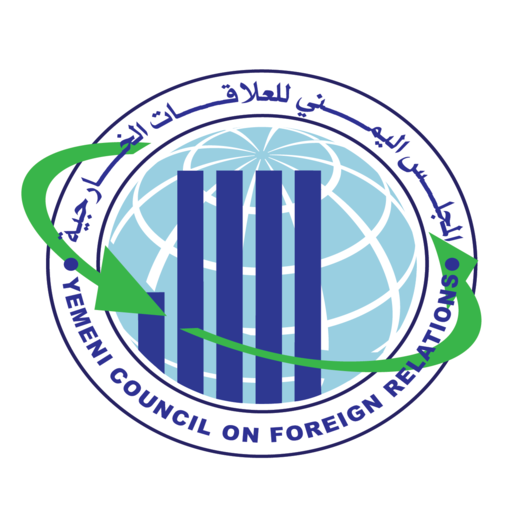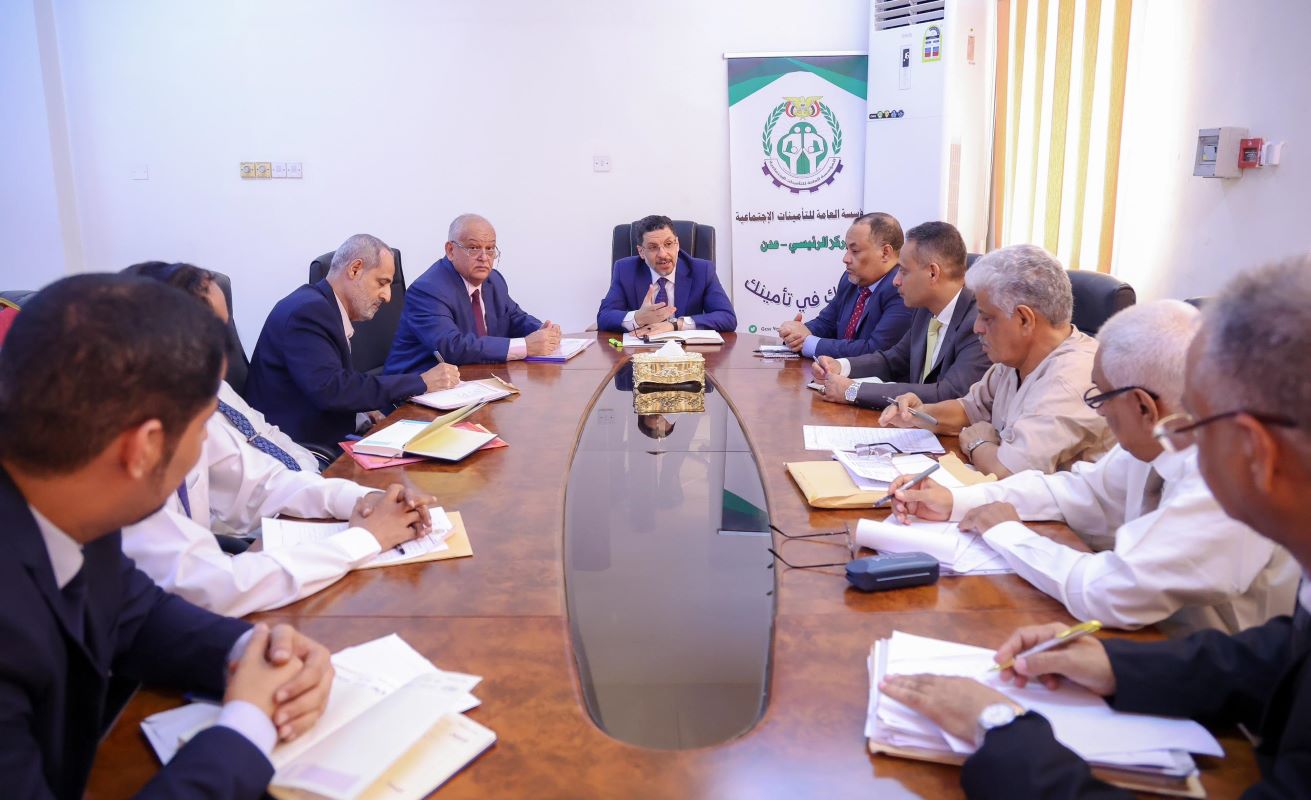Source: Saba News Agency
Prime Minister Dr. Ahmed Awad bin Mubarak, during his visit on Tuesday to the General Organization for Social Insurance, reviewed the institution’s status and its insurance activities, as well as the efforts made to overcome the challenges it faces, serving the insured from the private sector employees and fulfilling its obligations towards them.
The Prime Minister, accompanied by the Minister of Civil Service and Insurance and Chairman of the Organization’s Board, Dr. Abdul Nasser Al-Wali, toured several departments and sections of the organization. They listened to explanations from officials about the work mechanisms, development, and modernization being implemented to enhance the services and insurance activities provided by the organization for the benefit of the insured, in accordance with the applicable insurance law.
Dr. Ahmed Awad bin Mubarak highlighted, during his tour in the departments and sections of the organization, the importance of adopting electronic work, improving insurance services and benefits, including electronic archiving of the insured’s data, and activating the investment sector within the organization to benefit from the assets it owns to enhance its revenues and its ability to cover retirement pensions. He affirmed the government’s keenness to address the difficulties faced by the organization and support its plans and programs for the upcoming period.
Subsequently, Prime Minister Dr. Ahmed Awad bin Mubarak chaired a meeting with the leadership of the General Organization for Social Insurance and the General Authority for Insurance and Pensions, dedicated to discussing the current situation of both institutions and plans for developing their insurance service activities, and expanding the umbrella of social and insurance care.
The Prime Minister directed continuous development of the organization’s and the authority’s activities, thinking differently about investments to grow their savings and assets, and diversify their investment portfolios. He pointed out the importance of the international community, the United Nations, the World Bank, and the International Monetary Fund taking responsibility for the actions taken by the Houthi terrorist militia in looting insurance funds and retirees’ money, which places a significant financial burden on the government, delaying administrative reform plans for retirement referrals and the absorption of contractors.
Dr. Ahmed Awad bin Mubarak reaffirmed that the announced phase focusing on transparency, accountability, combating corruption, and implementing reforms, is significantly linked to administrative reform and the development of state institutions’ performance, and the proper use of available resources. He stressed the need for practical solutions that advance the insurance system, benefiting from investments of the social insurance institution and its deposits to achieve benefits and profits that would strengthen its financial position, secure employees’ rights, and provide social protection for them and their families during their lives and after their death.
The Prime Minister confirmed the government’s support for the plans and programs of the organization and the authority at both the insurance and investment levels, emphasizing the importance of activating the internal audit system. He urged for more efforts to overcome obstacles, correct the course of work achievement, and address any imbalances within the government’s strategic direction to enhance institutional and administrative reform within its comprehensive reform program.
The Minister of Civil Service and Insurance, several deputy ministers, the head of the General Organization for Social Insurance, Dr. Abdullah Bawazir, and the acting head of the General Authority for Insurance and Pensions, Ali Al-Hadar, welcomed the Prime Minister’s visit to the organization and his continued support for the ministry’s work and its affiliated entities. They discussed the status of the organization and the authority, the efforts made in executing their tasks, achievements, future plans, administrative and institutional development, and the move towards automation of work and services offered to beneficiaries.

